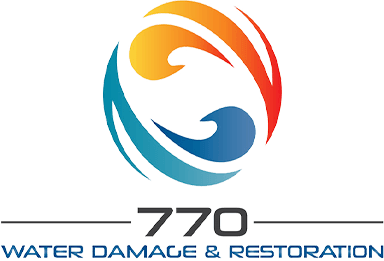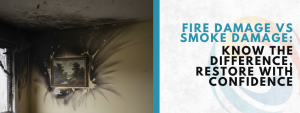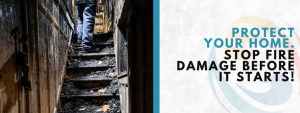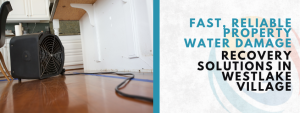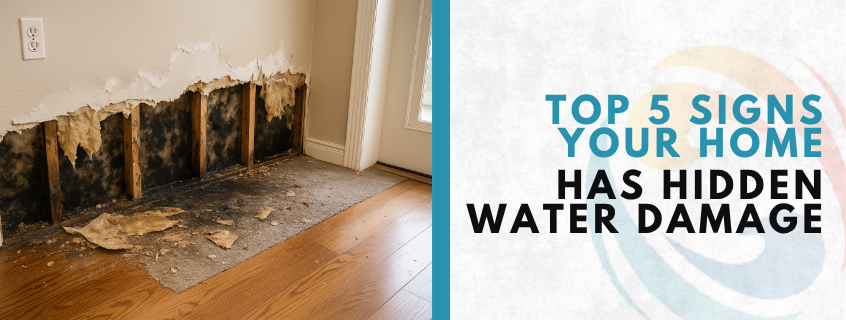
Living near the coast in Hermosa Beach has many perks—sunny skies, ocean breeze, and beautiful views. But one thing many homeowners might not expect is how easy it is for water to sneak into places where it doesn’t belong. You might not even see it happen. That’s why hidden water damage is such a big concern. It’s quiet, and sneaky, and often causes expensive repairs when left unnoticed.
Is Your Home Hiding Water Damage? 5 Key Indicators to Know
- Musty Odors – A persistent damp or musty smell is often the first sign of hidden water damage. In Hermosa Beach homes, where coastal humidity can intensify odors, this is a key indicator that water may be trapped behind walls or floors.
- Discoloration and Stains – Brown or yellowish stains on ceilings and walls usually signal slow leaks. Even small patches may point to bigger problems of hidden water damage developing behind the surface.
- Peeling Paint or Bubbling Wallpaper – When water seeps into drywall or plaster, it causes paint and wallpaper to lose adhesion. This visual cue is often overlooked but is a common symptom in homes with water infiltration.
- Warped Floors or Sagging Ceilings – Wood floors that buckle or ceilings that sag suggest significant moisture accumulation. In coastal areas like Hermosa Beach, this can worsen quickly if ignored.
- Mold Growth – Mold thrives in dark, damp spaces, and its presence nearly always indicates water intrusion. Spotting mold is a clear sign that hidden water damage exists and requires immediate attention.
Health Risks of Ignoring Hidden Water Damage
Ignoring hidden water damage can have serious consequences for both your home and your health. When water seeps into walls, floors, or ceilings unnoticed, it creates the perfect environment for mold and mildew to thrive. Prolonged exposure to mold can trigger allergies, respiratory problems, and even worsen conditions like asthma. In addition, hidden water damage can compromise indoor air quality, making your home less safe and comfortable for your family.
For homeowners in Hermosa Beach, where coastal moisture is already a challenge, addressing hidden water damage quickly is especially important. Acting early not only prevents health risks but also protects your property from structural weakening and costly repairs.
Why Hermosa Beach Homes Are Extra Vulnerable
Living near the ocean brings extra moisture into the air, and with that comes higher chances of mold, mildew, and water damage. Coastal homes also deal with salty air, which wears down seals, flashing, and pipes faster than homes located inland.
Here’s why hidden water damage can be more common near the beach:
- Salty air corrodes metal faster, including pipe joints and water heater parts.
- Fog and humidity keep surfaces damp, especially in crawl spaces and attics.
- Storm-driven winds push rain under shingles and siding.
- Basements and ground-level floors are more prone to dampness after storms.
Many homes in Hermosa Beach were built decades ago, before modern waterproofing materials were available. That means older homes might have more gaps, weak seals, or outdated plumbing—all ripe for leaks.
Helpful Maintenance Checklist
To stay ahead of hidden issues, here’s a simple list you can use each season:
- Inspect exterior caulking and window seals.
- Check under sinks for slow drips or pipe corrosion.
- Look at your ceiling and walls monthly.
- Use a moisture meter in suspect areas.
- Have your roof inspected every 2–3 years.
- Test your water pressure—too much can strain pipes.
- Clean gutters and downspouts to avoid pooling water.
The more often you check, the easier it is to catch water damage before it turns costly. And remember, early action isn’t just cheaper—it’s safer for your family’s health too.
What Happens If You Ignore Hidden Water Damage?
Ignoring hidden water damage may seem harmless at first, but the consequences grow over time.
Here’s what can happen:
- Mold and mildew growth that causes breathing problems or allergies
- Rotting wood and framing, which weakens your home’s structure
- Electrical issues if water reaches wiring or outlets
- Pest infestations, since moist environments attract insects
- Home insurance complications, especially if delays show negligence
In some cases, repairs cost thousands—or even tens of thousands—of dollars. Insurance may not cover it if you can’t prove you took steps to stop it early. That’s why watching for the signs we’ve listed is so important. You can’t see every drop of water behind your walls. But your home often gives you signals—if you know how to read them.
Why Professional Help Matters in Detecting Hidden Water Damage
Hidden water damage can be difficult for homeowners to identify because it often develops quietly behind walls, ceilings, or floors. While musty odors, stains, or warped materials may point to a problem, these signs are easy to miss until the damage becomes severe. Professionals use advanced tools such as moisture meters, infrared cameras, and specialized testing methods to uncover hidden water damage before it leads to costly repairs or mold growth.
Relying on experts also means you get precise solutions tailored to your home’s condition. With services like Water Damage Restoration Hermosa Beach, trained specialists can locate the source of water intrusion, repair affected areas, and restore your property safely and efficiently. Their expertise not only protects the structure of your home but also preserves its long-term value and comfort.
FAQ: Hidden Water Damage in Hermosa Beach Homes
1. How can I tell if my home has hidden water damage if I don’t see any water?
Watch for musty odors, bubbling paint, warped floors, or sudden spikes in your water bill.
2. What should I do if I suspect hidden water damage in my home?
Inspect the area, check your water meter, document signs, and call a professional restoration service quickly.
3. Is hidden water damage covered by my homeowner’s insurance?
Most policies cover sudden leaks, not slow damage from neglect. Review your coverage and keep maintenance records.
4. Can hidden water damage cause health problems for my family?
Yes. Moisture can lead to mold, triggering allergies, asthma, and respiratory issues—especially in sensitive groups.
5. How can I prevent hidden water damage in the future?
Maintain your home: fix leaks, clean gutters, inspect roofs, and monitor changes in walls or floors.
